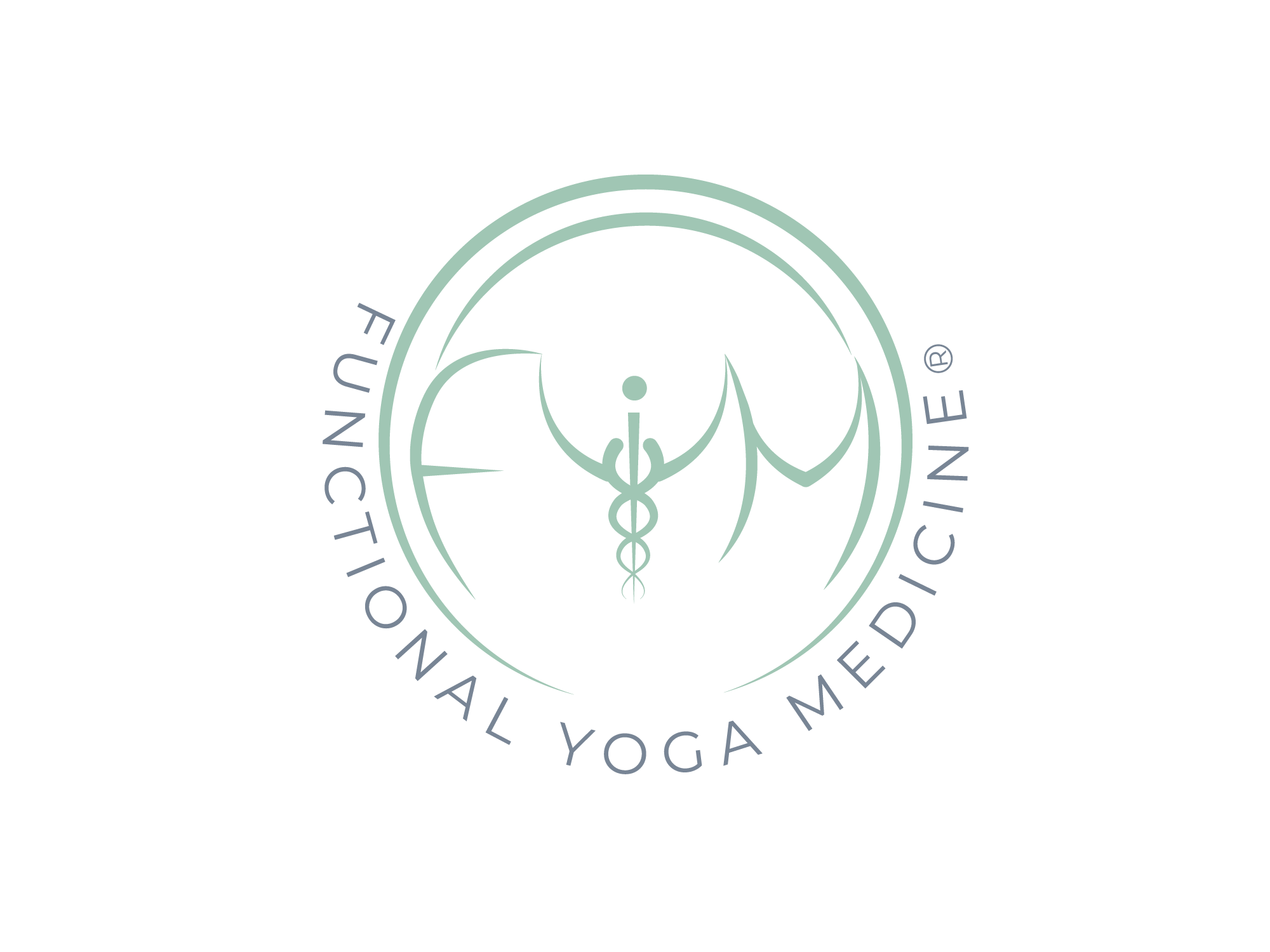The gastrointestinal (GI) tract is one of the most complex systems in the body and is at the center of many chronic diseases.
A healthy GI tract digests and absorbs nutrients from food, removes toxins, insures a delicate balance of good and bad bacteria, and serves as a protective barrier from the outside world.
Consequently, when any of these functions are disrupted, your health can be negatively effected.
A break down in GI function can lead to many common conditions, such as indigestion, acid reflux, or irritable bowel syndrome.
Over time, continued GI problems can lead to more severe conditions that you may not relate to the GI system.
These conditions can include eczema, asthma, anxiety, thyroid dysfunction, and obesity. Even atherosclerosis and many autoimmune diseases. These conditions are treated in isolation by simply addressing symptoms and not looking at the root cause.
Getting to the Root Cause
Alkaline Functional Medicine works differently by looking at each body system, seeking to understand their connection to one another to get to the root cause of dysfunction.
To discover the root cause, it’s important to start with the gut to build a solid foundation. We call this foundation the 4 pillars of GI health.
4 Pillars of GI Health
- Digestion and absorption
- Elimination and detoxification
- Microbial balance
- Gut barrier function
Together these pillars build a foundation for our gut health. Let’s start with the first pillar.
Digestion and Absorption
Digestion begins from the moment you think about food and smell food.
Digestive enzymes, gastric juices, and hydrochloric acid are released to breakdown proteins, carbohydrates, and fats in foods to use for energy, as well as extract nutrients such as vitamins and minerals.
Poor dietary habits and stress can result in nutrient malabsorption, food born illness, and chronic constipation or diarrhea.
By making just a few lifestyle adjustments, such as choosing whole foods vs processed foods, eating with friends and family, being mindful, and chewing foods thoroughly, you’ll be off to a good start in providing your digestive system with the right nutrients for optimal function.
Elimination and Detoxification
The liver is the body’s primary detoxification organ and works closely with the GI tract.
The detox process requires a variety of nutrients, including B vitamins, Vitamin C, various minerals and abundant amino acids.
There are three primary toxins:
- Environmental toxins (pollution)
- Internal toxins (harmful hormones)
- Metabolic byproducts and lifestyle toxins (cosmetics)
Our body needs to filter and eliminate these toxins via urine, sweat, and stools.
Increased exposure to toxins, frequent use of medications, and overeating of highly caloric, poor nutrient foods reduce our detox potential.
For that reason, when toxins are not processed properly, they are attracted to the fatty parts of the body. This can lead to weight gain, mental fog, mood changes, and hormonal balances.
It is crucial to consume nutrients that help with detox. Additionally, try to avoid meds when possible, since they deplete nutrients critical for detoxification.
Sweat regularly through exercise, drink plenty of water (typically half of your body weight in oz a day), and have regular bowel movements to ensure your body is detoxifying and eliminating properly.
Microbial Balance
Your large intestine contains the gut microbiome.
This microbiome consists of 100 trillion microscopic organisms, and these organisms complete any unfinished digestion and produce essential vitamins that are critical to long term health and vitality.
Dysbiosis occurs when your microbiome becomes imbalanced. Dysbiois can lead to infections and overgrowth of pathogenic bacteria that can adversely affect your health.
Even more, long term dysbiosis can have dramatic and long lasting effects, including mood disorders and weight gain.
To increase beneficial bacteria and restore balance, reduce:
- Antibiotic exposure from meds
- Toxic exposure from inflammatory food sources
- Stress
- Excess sugar in your diet
Gut Barrier Function
The gut barrier is an intricate, tightly regulated protective layer of cells that permit the entry of nutrients into the blood stream, while keeping harmful substances, such as bacteria, viruses, and undigested food particles, out.
This delicate membrane of specialized cells is susceptible to damage from stress, pathogens and toxins.
A breach in the barrier, known as intestinal permeability or leaky gut, can lead to vitamin and nutrient deficiencies, a weakened immune system, and negative food reactions.
A compromised immune system that is continually exposed to bacteria, toxins, and undigested food particles becomes aggravated, creating chronic inflammation throughout the body that can lead to autoimmune disease.
Therefore, to maintain and heal the protective barrier, it is important to identify negative food triggers, such as soy, dairy, and gluten, as well as stress, and excess medications when possible.
Take Action to Restore Your GI Health
Your digestive system is an amazing organ system that breaks down food, absorbs critical nutrients, serves as your first line immune defense, and protects you from disease.
Above all, understanding how to take care of your GI system and making healthy lifestyle choices will help you to revitalize and maintain your health.
Take the first step in improving your GI health because it all starts and ends in your gut.
We have tailor made programs for you, including food sensitivity lab testing, stool testing, and various dietary interventions not only to heal your gut but to help you look and feel your best.
Contact us today for a consult on which program is best for you.

